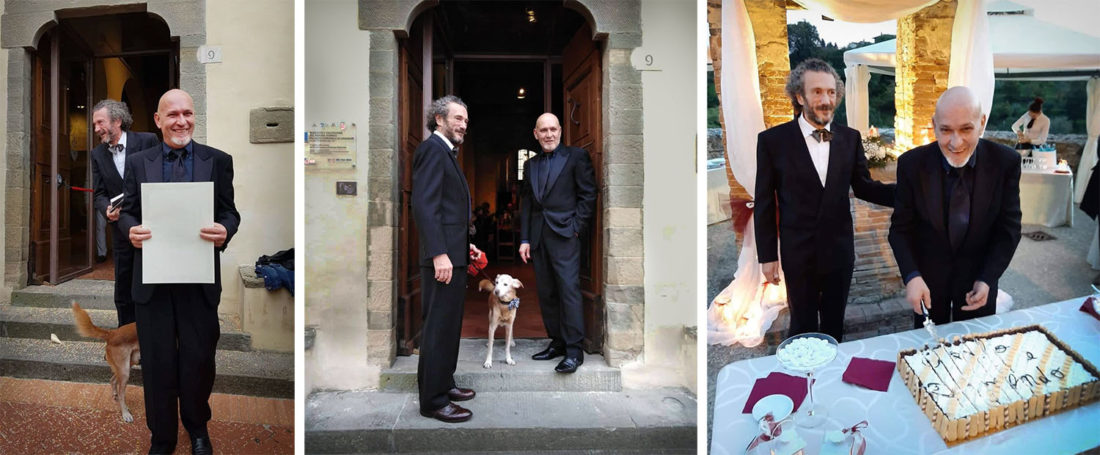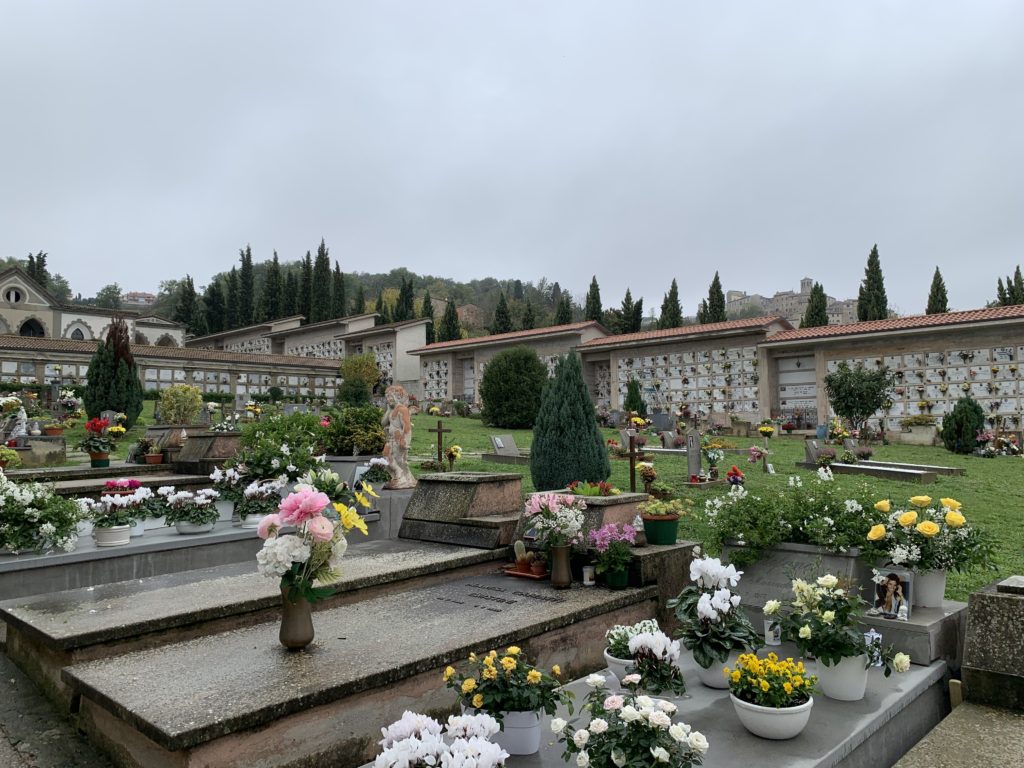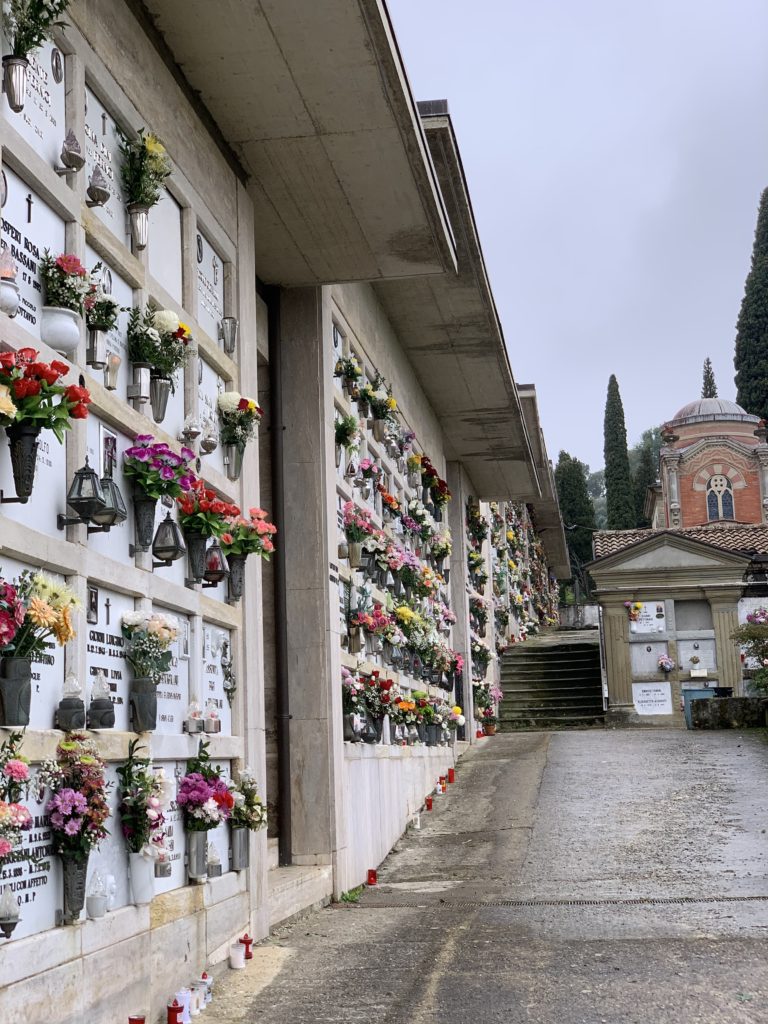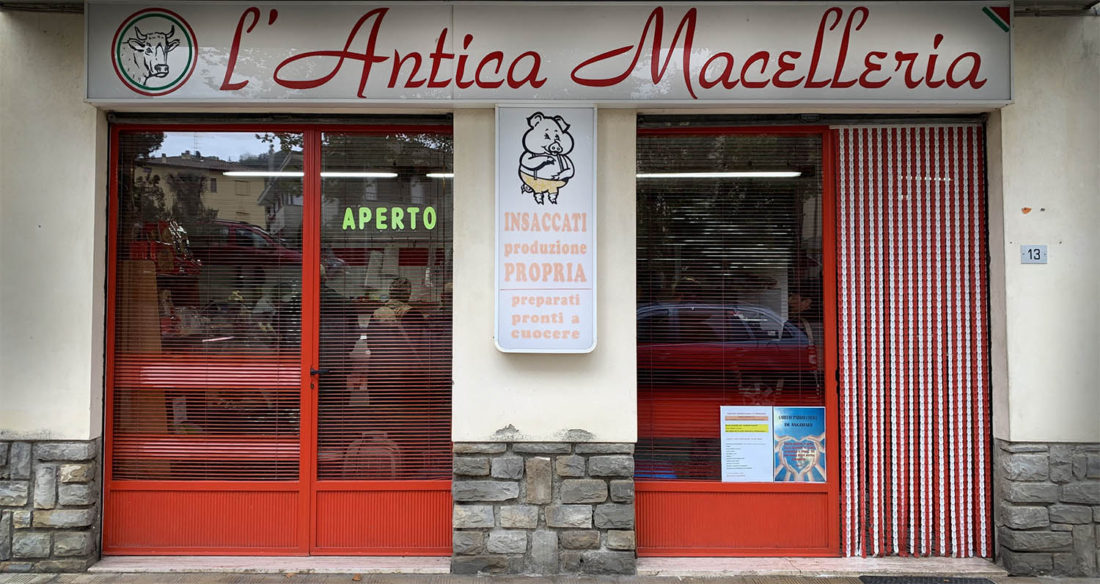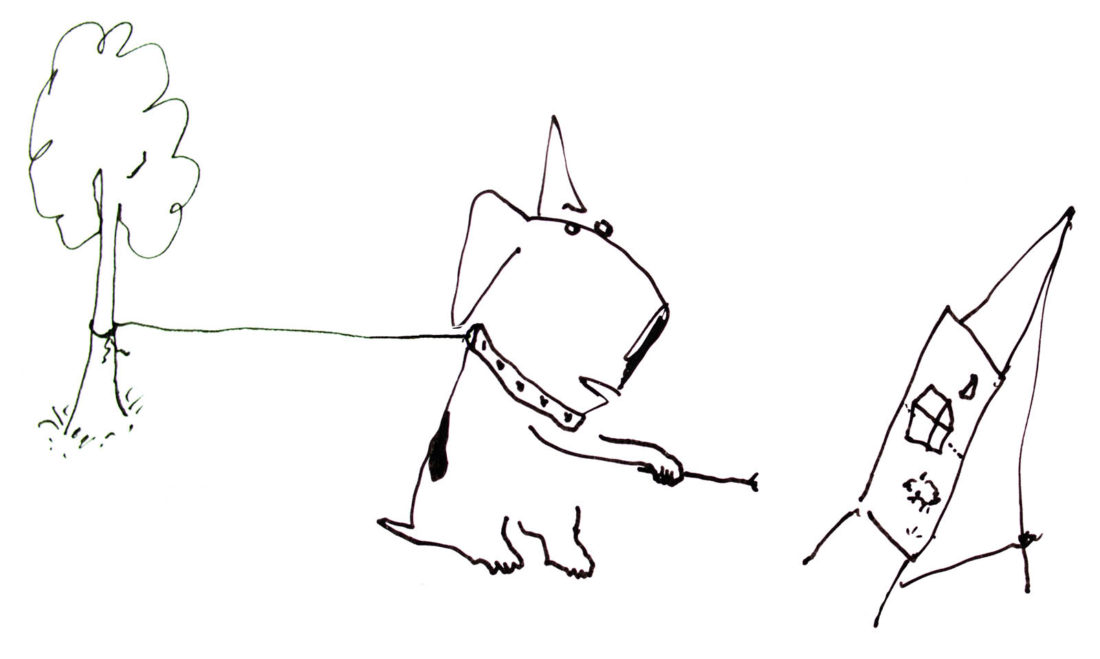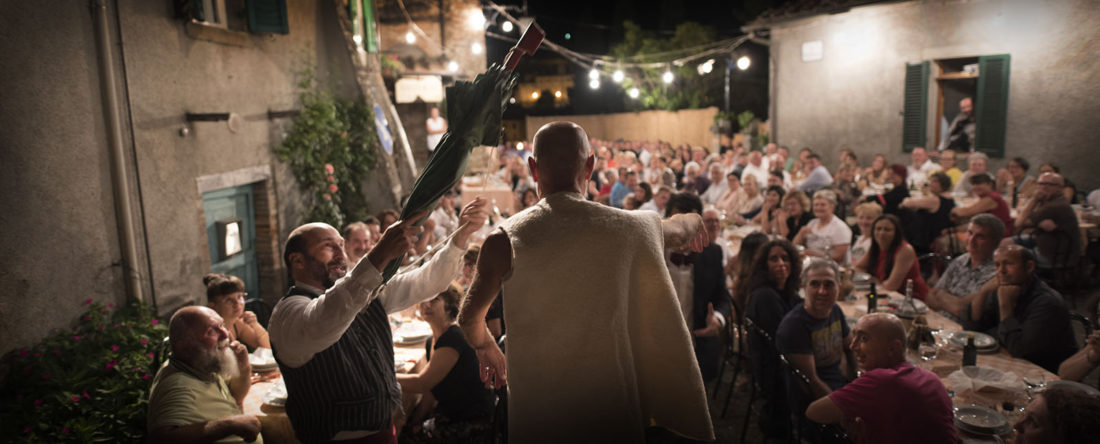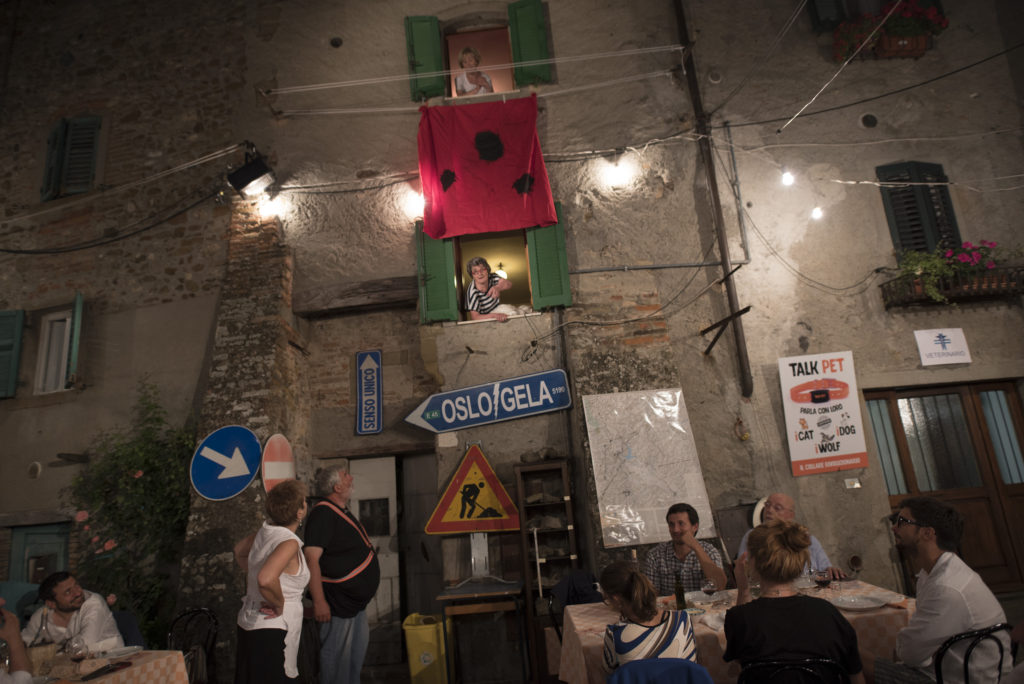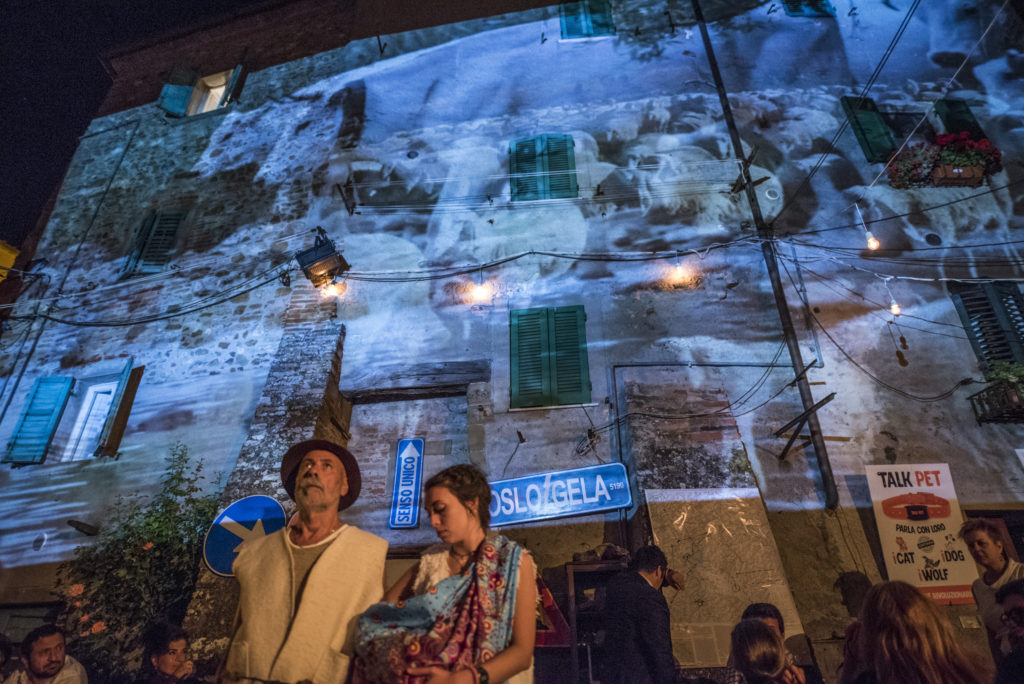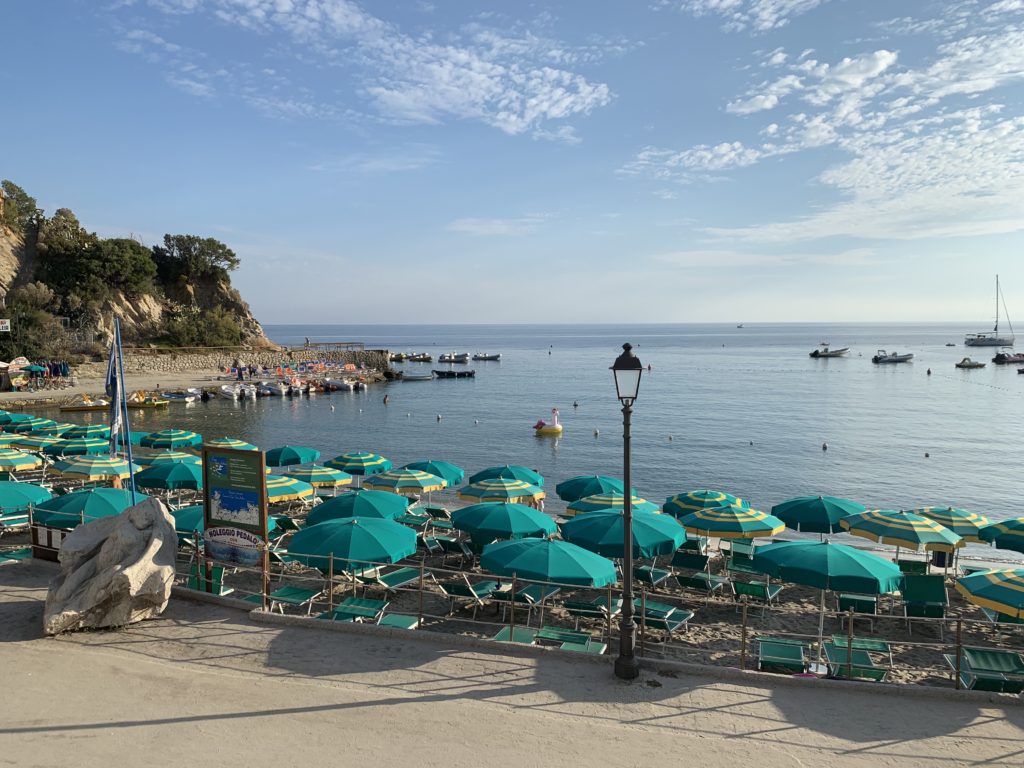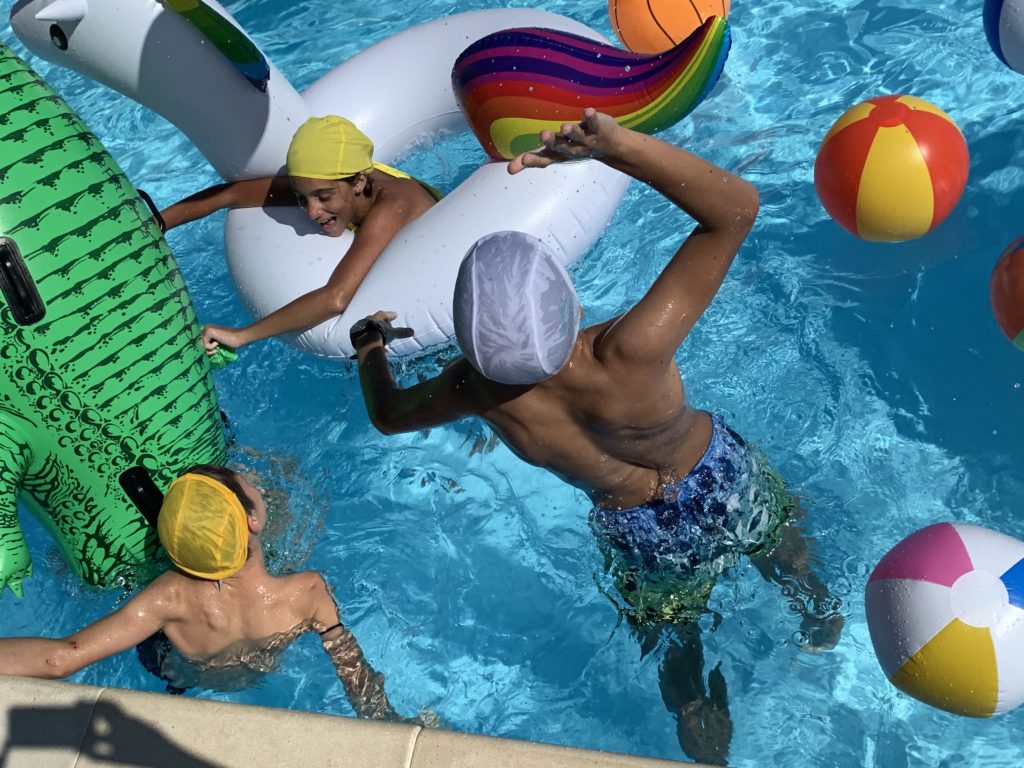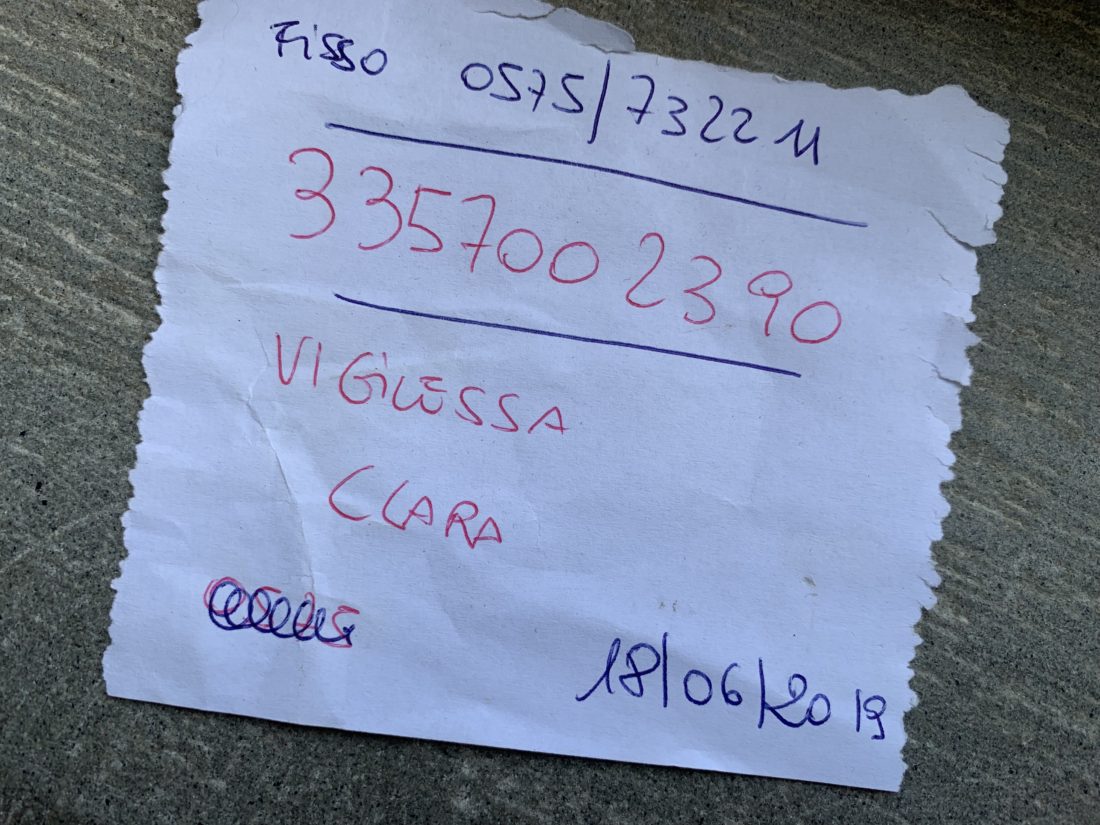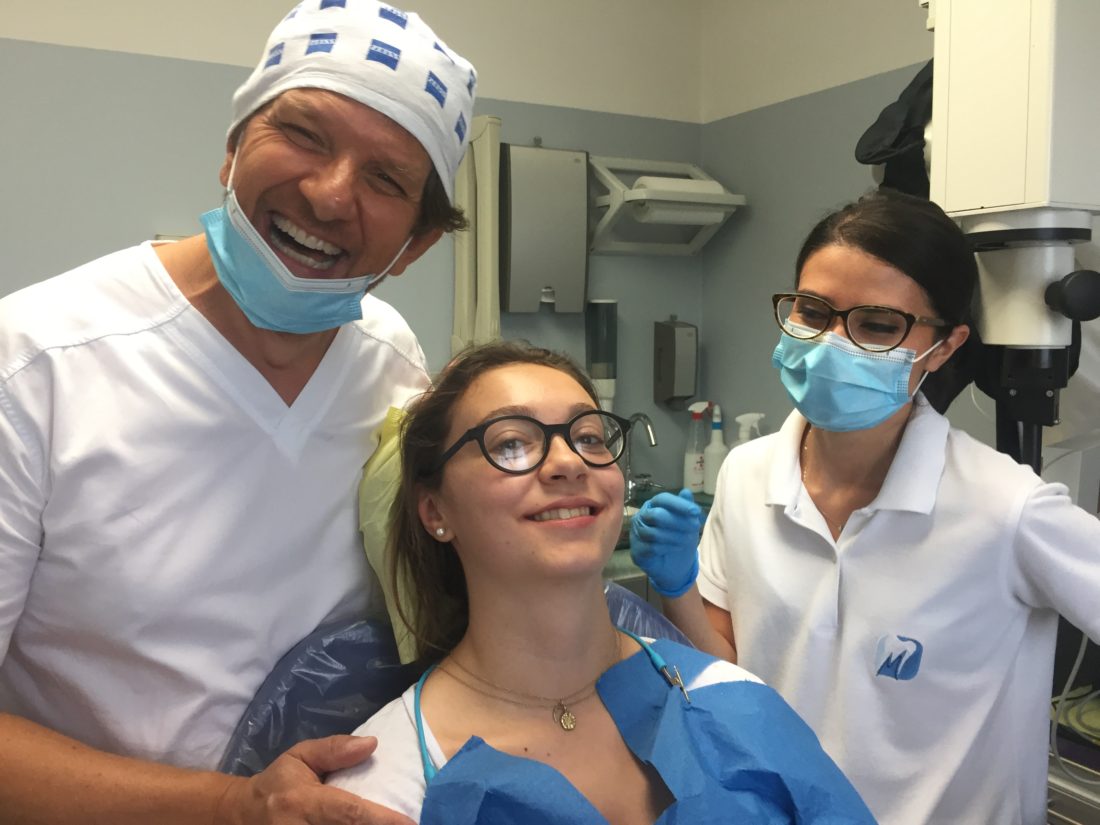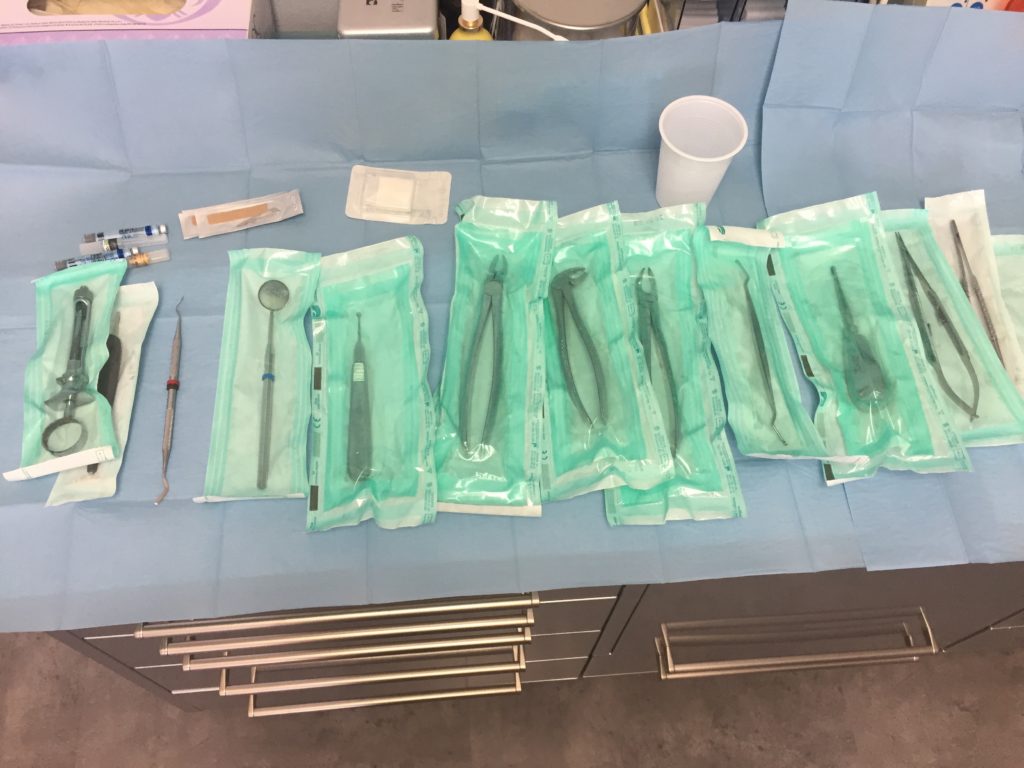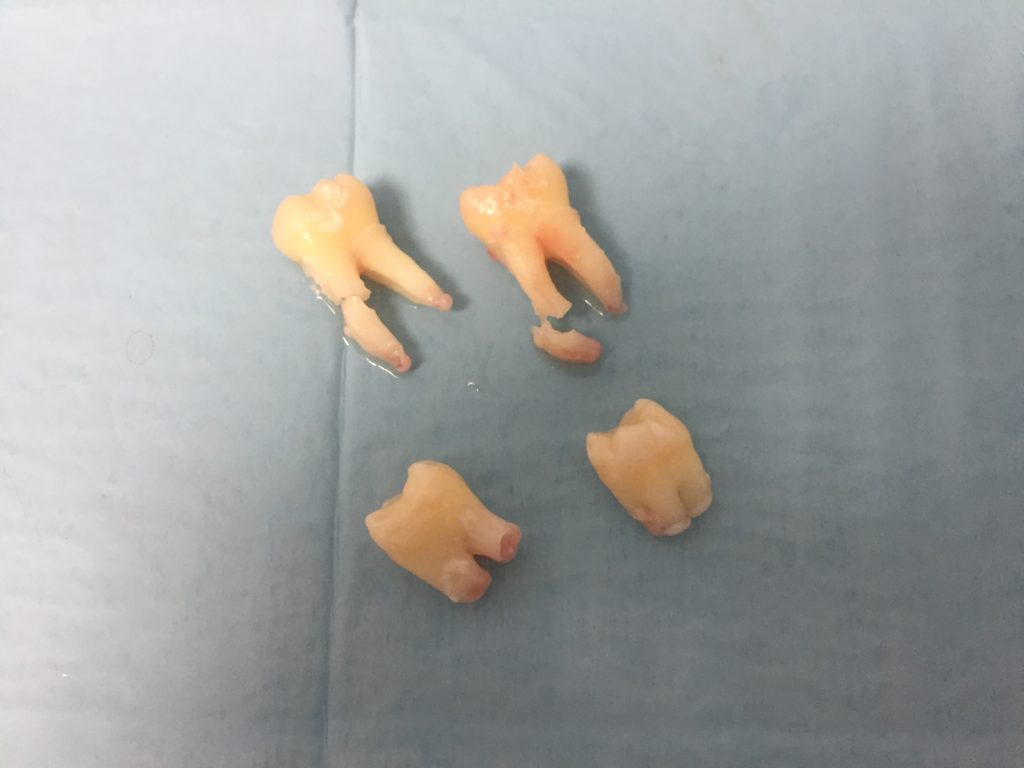Happily Ever After
I was very excited to hear the news that Carlo and Armando got married — the first same sex marriage in the 1,000 history of the village. I have been impressed by the support and openness the village has shown the gay couples who have chosen to live here but the majority have been from America or other parts of Europe. Carlo was born and bred here and I wanted to find out how a tiny Tuscan village with a largely older population feels about one of their own taking a less traditional path, so I invited Carlo for a coffee.
When I say born and bred here I am not exaggerating. Carlo actually sleeps in the same bed he was born in, in the same room, in the same house. In his teens and early twenties he dated a girl for about six years but slowly realized that his sexuality was taking him in a different direction. He moved to the US for several years, Rome after that, and also lived in Arezzo, but the whole time life in his village was calling him back. He returned in his 40s to live in the house with his mother and would go out on weekends to clubs that were gay-friendly as far away as Rome or Florence.
One evening eighteen years ago he met Armando and they have been together ever since. He and Armando started spending weekends together as Armando had a cabin the the country and both were living at home at the time. One day Carlo’s mother said “Why are you always packing your bags and going away for the weekend? If you have someone in your life I want to meet her.” Carlo admitted to being deeply in love, but with a man. Without missing a beat his mother said to bring him over for dinner so she could see what kind of a person he was. Carlo still remembers the tension of the evening, but at the end his mother was nearly as in love with Armando as he was.
Armando’s parents both died as all this was going on, and Carlo’s father had died a few years previously, so both decided to move into Carlo’s birth home with his mother. Carlo remembers how close and welcoming his mother was from the start, treating Armando like another son. All of them would even go on vacations together. When she got sick with cancer both of them took care of her during the four-year course of the disease until she passed away.
The official coming out of the couple was equally supported by the village. Carlo said that he never constructed his identity around being gay, but just who he was, loving who he loved. He said that the village treated him the same before and after Armando was on the scene, and Armando was quickly accepted by everyone as being a lovely addition to the community.
Carlo and Armando had talked about getting married for the last few years and finally, rather spur of the moment, decided to do it. (Partially because the political climate here in Italy —as in so many other places — is always on the verge of shifting more extremely to the right and they wanted to take advantage of having this right to marry.) They didn’t send out any formal invitations but there was a notice posted, as for all things official, at the comune, or City Hall. There was a huge outpouring of support and enthusiasm as the word spread and over 100 people came from far and wide to help them celebrate. The outpouring on social media was equally impressive.
After 1,000 years some things were ripe for change. And I can’t imagine a more deserving couple to initiate it.


